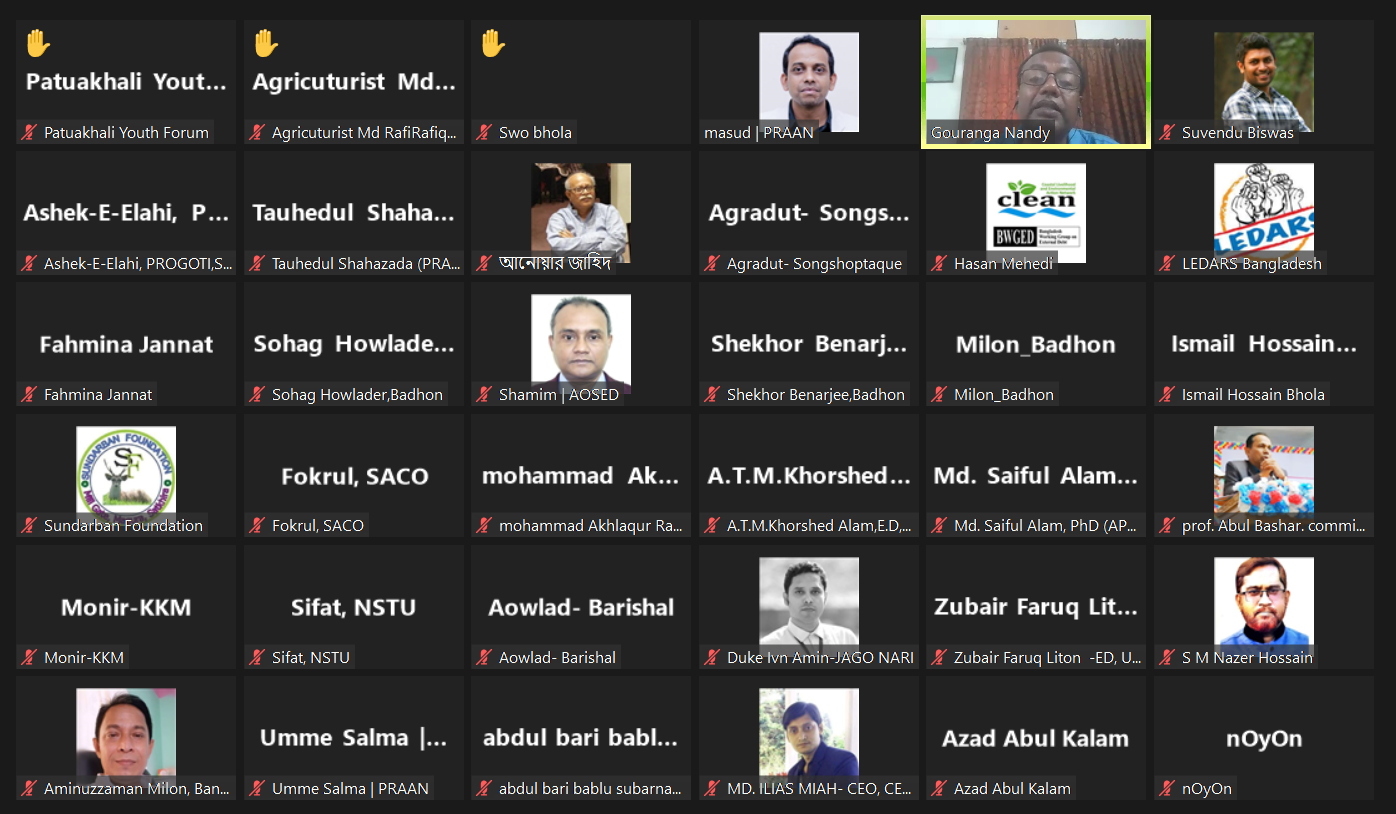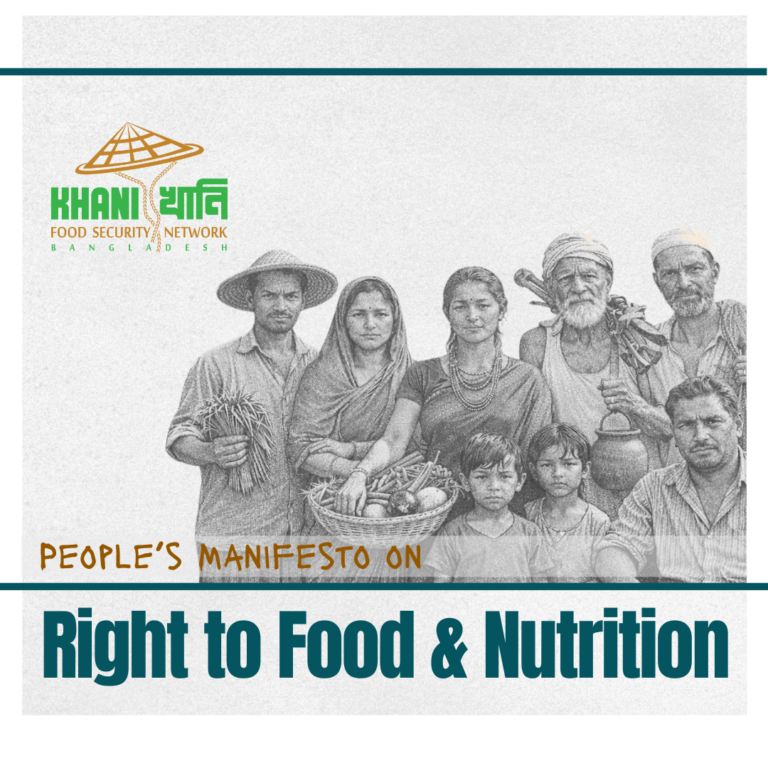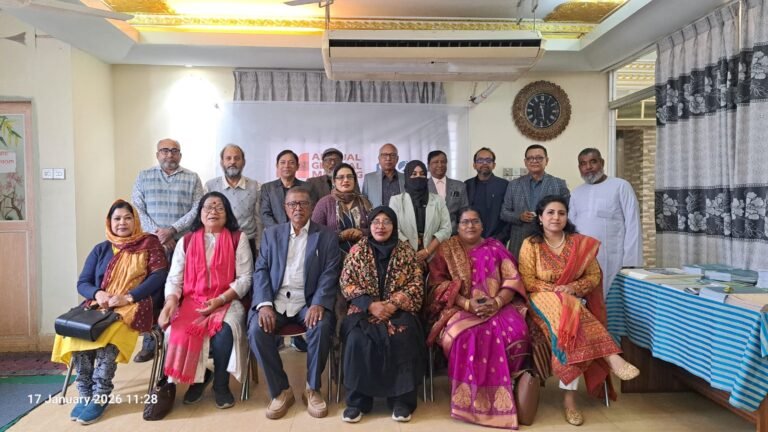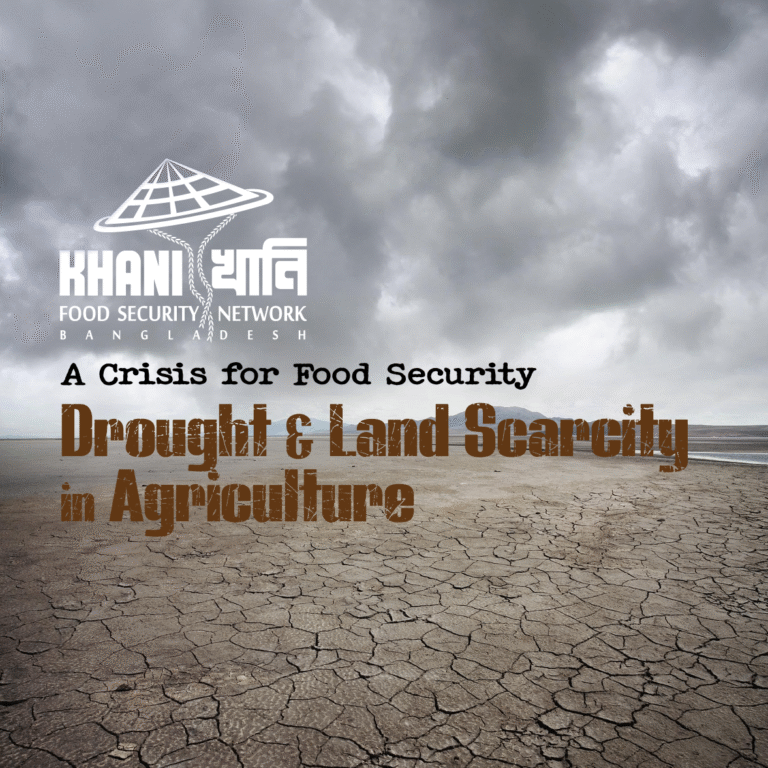Bangladesh has become particularly vulnerable with the onset of climate change. Especially in the coastal areas, the impacts of climate change are not limited to livelihood diversity, food security, health, and economy. The scarcity of drinking water is acute in the coastal zones of Bangladesh. The surface water is highly saline and fresh water is not available at the depths where it should be. The speakers expressed their concern about the struggles of the coastal communities in collecting safe drinking water in a discussion titled ‘Safe Drinking Water in Coastal Areas: Crisis and Pathways towards Solution’ [উপকূলীয় অঞ্চলে নিরাপদ পানি সংকট এবং সমাধানের পথানুসন্ধান]. This open discussion was held on the 26th of April, 2022 virtually.

Dr. Masud Kaium, Associate Professor of Noakhali Science & Technology University, Mr. Gouranga Nandy, Bureau Chief of daily Kaler Kantha, Mr. Shamim Arefeen, Executive Director of AOSED, Mr Md. Aminuzzaman, Executive Director of Bandhan, Mr. Hasan Mehedi Executive Director of Coastal Livelihood & Environmental Action Network- CLEAN, Mr. Mohon Kumar Mondol, Executive Director of LEDARS, Mr. Monjurul Milon Executive Director of Badhan, Mr. Duke Ivn Amin, Director of Jago nari, Mr. Madhab CHnadra Datta, Executive Director of SoDesh, Mr. Suvendu Biswas from Action Aid Bangladesh, Mr. Akhlaqur Rahman from WFP, Mr. Sharifuzzaman Sharif from Nagorik Sanghoti joined the discussion. RAAN Chief Executive Nurul Alam Masud facilitated the discussion. A keynote presentation was presented by Umme Salma, Programme Coordinator at PRAAN.
There are several technologies and devices set up to provide drinking water supply facilities to the communities. But as most of them are established by the non-profit organizations, under short or middle-term projects, these facilities actually collapse as soon as the project activity ends, the speakers said. This is important to ensure monitoring and continuation of the proper maintenance of these technologies. Along with that, the local bits of knowledge on collecting and storing drinking water should be documented and the protection of the homespun knowledge is necessary at the same time.
The woes of coastal women were revealed in the discussion. The speakers hold the opinion that the sufferings of women in collecting drinking water for their families and daily chores are inexplicable. Women from distant areas navigate miles after miles for collecting water. This in turn makes the women fetching water for themselves deleterious, as they are often persuaded to leave their children unattended most of the time. Traveling such long distances for collecting water exposes them to various kinds of dangers. Incidents of violence against women occurred over the past few years with them, they highlighted. Women are also suffering from swollen arms and legs, and complications during pregnancy in these areas.
As people are not getting any pure water, they are left with no option but to be dependent on saline water which is severely detrimental to health, they said.
More than 50 participants including youth activists, journalists, teachers, representatives from coastal organizations, coastal inhabitants, farmers, and CSO representatives joined the discussion. Several actions were recommended based on the inputs from the participants.




